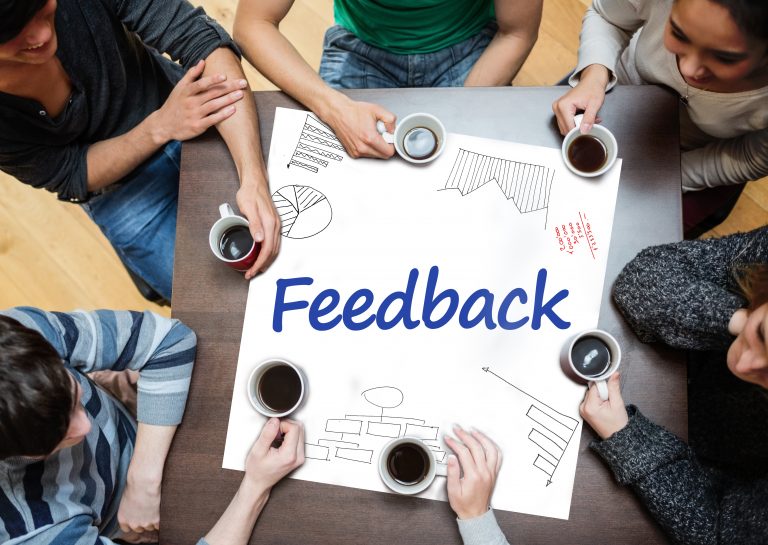“The key to successful leadership is influence, not authority.”
Ken Blanchard
Many leaders feel the urge to drive through their intentions and decisions with a direct and driver style, so they can gain fast and quick results. This will of course stimulate action and bring short term results (It’s a pragmatic leadership approach and it has a place in a leader’s toolbox). But is not an approach that develops others, it does not engage and motivate, and it will not gain significant change and high-performance results.
Influential leaders are great communicators and can influence without authority. They are prepared to take a step into the leadership role and make decisions, especially in the absence of a formal authoritative position. They know how and when to influence others and they can sell their ideas. They motivate others and gain support so that others want to, and will act and deliver on their decisions and intentions.
It’s about being able to engage others so that collectively they collaborate and move toward the achievement of a common goal. Influencing is a critical behaviour and skill, and the good news is… it is a skill that can be developed. Influencing is a process where a leader can change the minds and increase the decision making of other’s or a group of individuals. It requires a resourceful mindset and there are tools and techniques that help leaders become more influential.
Leaders that influence are able to:
- Take the ‘big picture’ view of business and try new things, especially in uncertainty and when needing to take risky decisions/ solutions
- Have professional presence and will speak up and sharing their ideas
- They ask questions and actively listen to others
- Have self-confidence and emotional resilience and when they experience strong and negative emotion and behaviour from others, they do not withdraw or/and observe – they stay present
- They are courageous and they know that they can ‘hold’ difficult situations.
- They pause, breathe and then respond with an intervention and tool or technique
Communicate and connect:
Influencing is a significant emotional intelligent (EI ) competence and aligns closely with the competencies of Relationship Management, Networking, Empathy and of course, the underpinning EI competency of Self-knowledge.
It is also a contact activity. To influence, leaders have to be involved and connected. It can’t’ be achieved alone on a device or planned silently in ones’ head. Leaders must be truly connected to their employees, stakeholders and professional network and put the ‘time in’ to communicate and connect, both face to face and/or virtually. The Covid pandemic presented the challenge of using technology for virtual connection and more on that topic and how to connect and motivate virtually, in a separate blog.
Influential leaders seek the input of others and ask for ideas. They use great communication and are empathic. They seek to understand the issue or opportunity from the other’s perspective and they listen carefully to the others views and ideas. In moments of tension or conflict, they stay calm and are able to manage any strong emotions they experience or that they might raise in the other.
People often ask if influencing is manipulative? When a leader has a clear intent or goal and is open, authentic and able to communicate their intention clearly, then how might it be manipulative? Trust, respect and openness is the key differentiator between influence and manipulation. Being clear about the intent and the goal and being prepared to actively listen and have a dialogue and change one’s mind or compromise, are techniques.
A Positive Mindset is key!
As much as we would like to, we cannot control the events around us. We must choose our responses to events to shape them toward our desired outcomes.
A positive mindset is crucial when influencing. Blame and negativity are not helpful or resourceful. Often, we blame events for our problems, conflicts or our lack of success and results. We might blame the current global crisis or the economy or the other persons personality… But these things are out of our control.
Influential leaders keep a positive mindset and understand that they should plan and bring events into their control. They focus on the outcome required and then prepare for an event by planning how they will respond.
- Event – What is the event I am entering into and with whom and how might I behave?
- Response – What might happen within this event and how might I deliberately respond, to get the outcome I require?
- Outcome – A resourceful approach when influencing, is to decide – what is the positive outcome I want from this meeting or conversation?
This is a communication structured approach and below is the E-R-O equation which outlines the following order when planning for the event:
Step One: What is the event?
Step Two: What is the outcome I require?
Step Three: How might I plan my response, depending on the behaviour of the other?
It takes practice, but it provides leaders with a useful approach to planning how they might influence outcomes in meetings, conversations and other events.

Although this equation looks simple, it takes practice and requires a resourceful mindset. Leaders that influence choose the outcome they require and then plan the part of the equation they want to focus upon. They enter into a dialogue with an open mind, a good intention and a willingness to actively listen.
E + R = O” is a tool that was originally developed by Jack Canfield and presented in his book “Chicken Soup for the Soul” first published in 1993.



